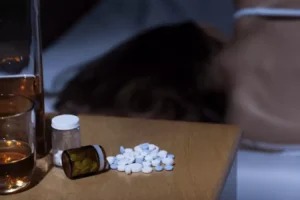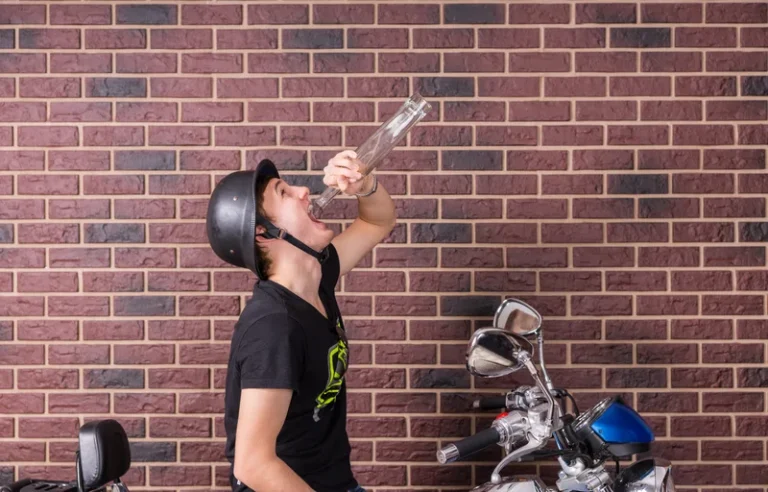
Attendees should genuinely care for the person experiencing addiction. Crucially, they also need the ability to explain how dealing with their loved one’s addiction has affected them without being vindictive or hostile. The intervention team are the people in the room when the intervention happens. That includes family members, close friends, and often an intervention specialist. An important first step is to learn more about alcohol use disorder and your treatment options. An intervention is not a spur-of-the-moment event but a well-thought-out process.

Knowing When You Need to Hold a Drug or Alcohol Intervention
These facilities specialize in treating both addiction and mental illness. If an intervention is successful, the next step is to begin treatment. To support your loved one’s recovery, it’s vital to have those next steps in place. Responses to interventions, especially initial responses, are very mixed. Remember, you’re not holding a drug or alcohol intervention because of its guaranteed success.
- No matter the response, you should remain calm and keep the conversation on track.
- This flexibility makes it a suitable choice for those dealing with milder addiction issues.
- Sometimes, a person will seek help after an intervention, even though they may be defensive or resistant in the moment.
- The process of organizing the intervention and the intervention itself can cause conflict, anger and resentment, even among family and friends who know your loved one needs their help.
What outcome can we expect from brief interventions?
This approach advocates for consistent compassion and understanding towards the person struggling with addiction. This model serves as a reminder that the essence of any successful intervention is the power of love and compassion. Residential treatment programs typically https://ecosoberhouse.com/ include licensed alcohol and drug counselors, social workers, nurses, doctors, and others with expertise and experience in treating alcohol use disorder. While many alcohol interventions conclude on a positive note, there is a chance that it could not end so well.
- It is also helpful to have a few different treatment options identified and immediately available.
- Each attendee should speak out about how the person’s behavior has affected them.
- Take our free, 5-minute alcohol abuse self-assessment below if you think you or someone you love might be struggling with alcohol abuse.
How To Stage a Drug (Alcohol) Intervention for a Loved One
- If not, it can result in the subject feeling attacked and refusing help from others.
- In this case, the addicted person has no choice but to go into treatment.
- You can’t control the behavior of your loved one with the addiction.
- Everyone should agree to keep the intervention details secret from the addicted person.
- This is an important conversation for everyone involved, and therefore, should be carefully planned.
- “If the person had any other illness, there’s no way we would do that.”
The distorted perception of the intended patient has them believing that things are better than they are. They are likely well past their bottom if not for the comfort the family how to do an intervention for an alcoholic has provided them, removing their ability to see and feel it. Most family members look at their loved one and think how bad it has to get before they ask for help or want help.
- While some interventions take place when severe or life-threatening consequences arise, others are done soon after the warning signs of alcoholism are identified.
- In fact, studies indicate that certain family behaviors that support a loved one’s initiation for change may be the key to making it happen.
- An interactive, simplified sample workflow for clinical practice is linked below.
- If you’re thinking that you may need to have an intervention for alcohol abuse for a family member or someone close to you, you probably do.
- The one that’s right for you depends on your situation and your goals.
Understanding Pre-Addiction

If your loved one doesn’t accept help

